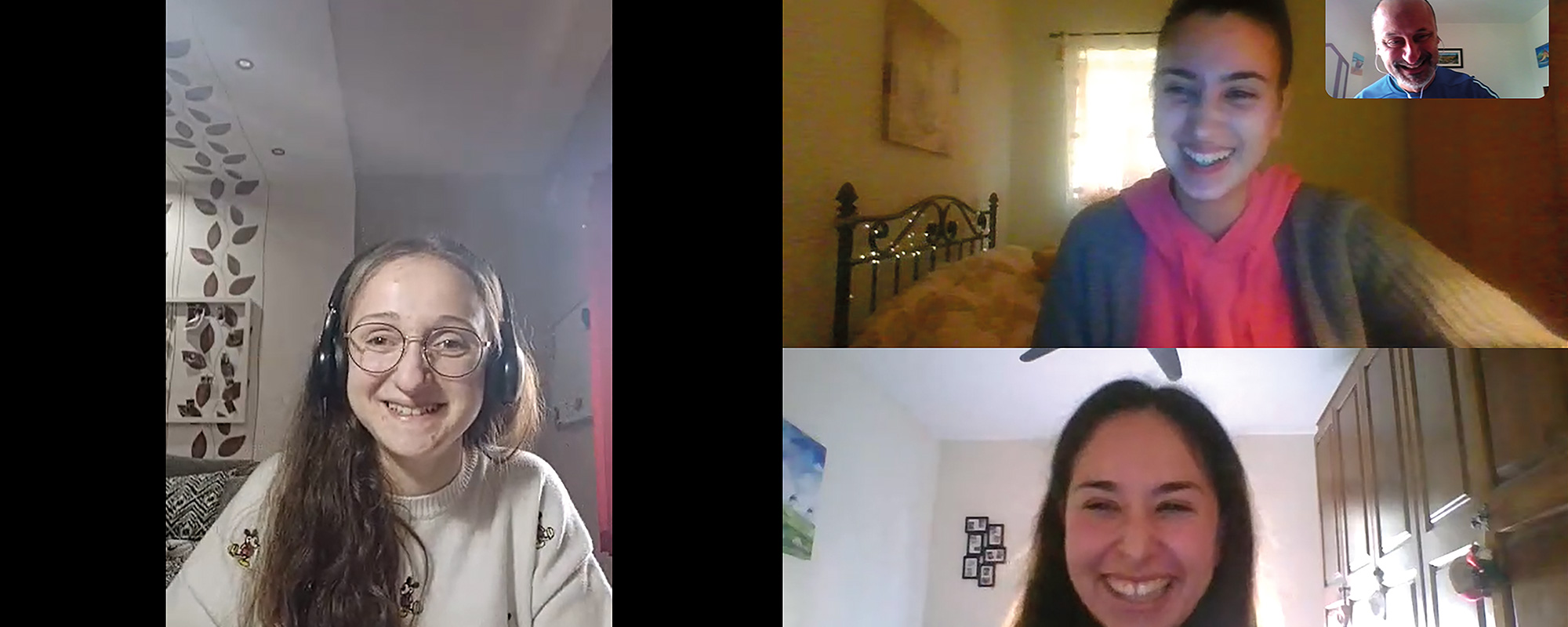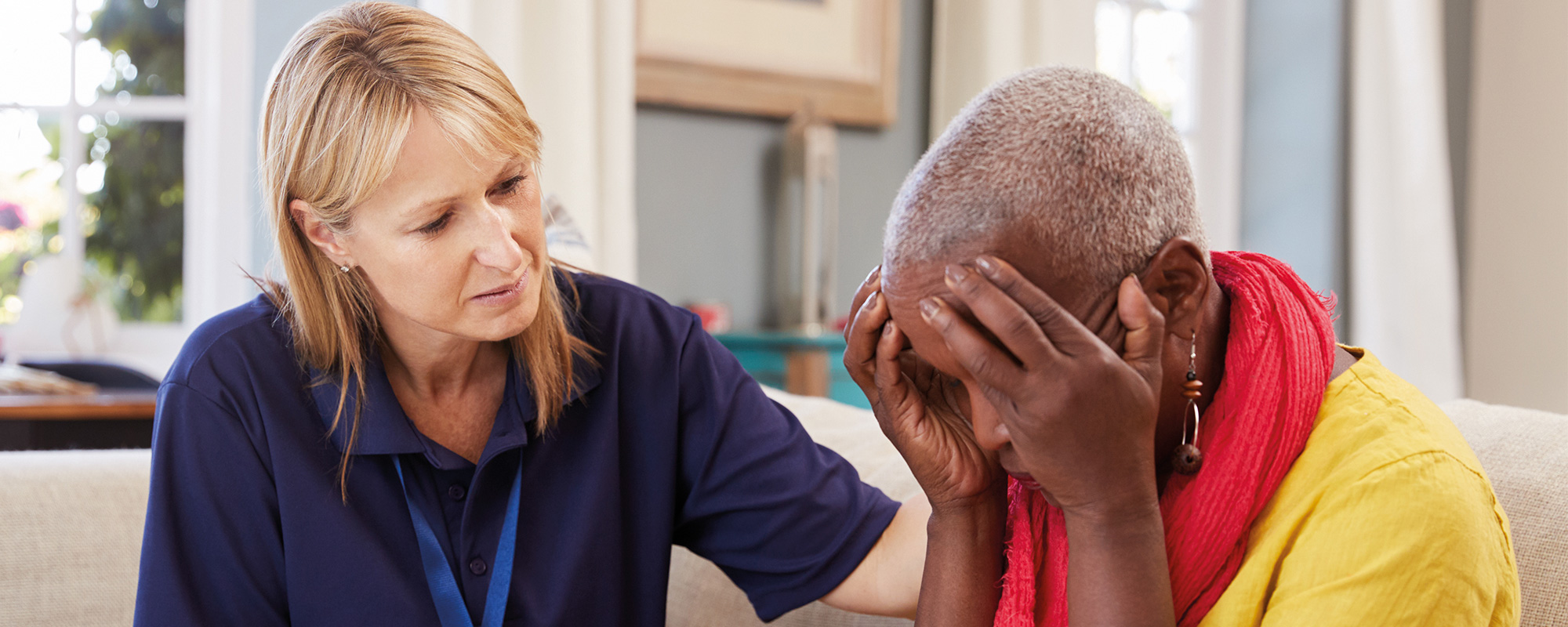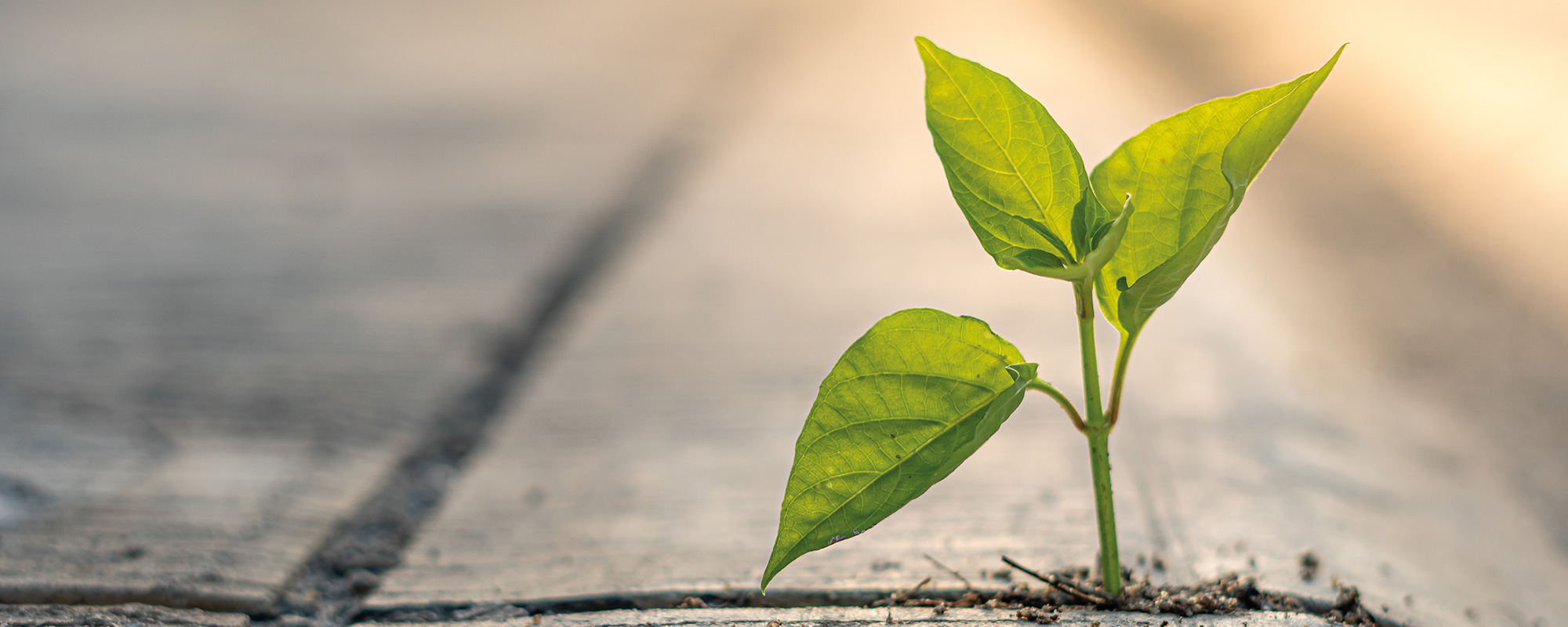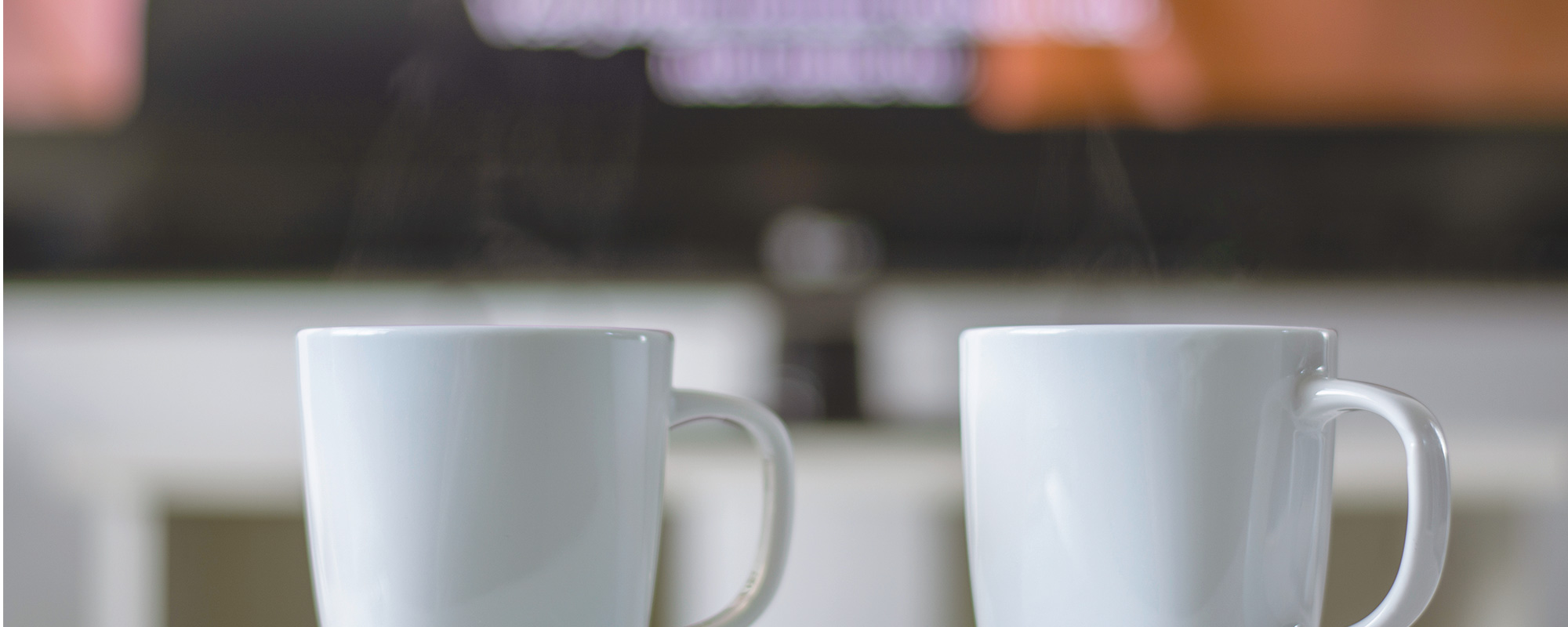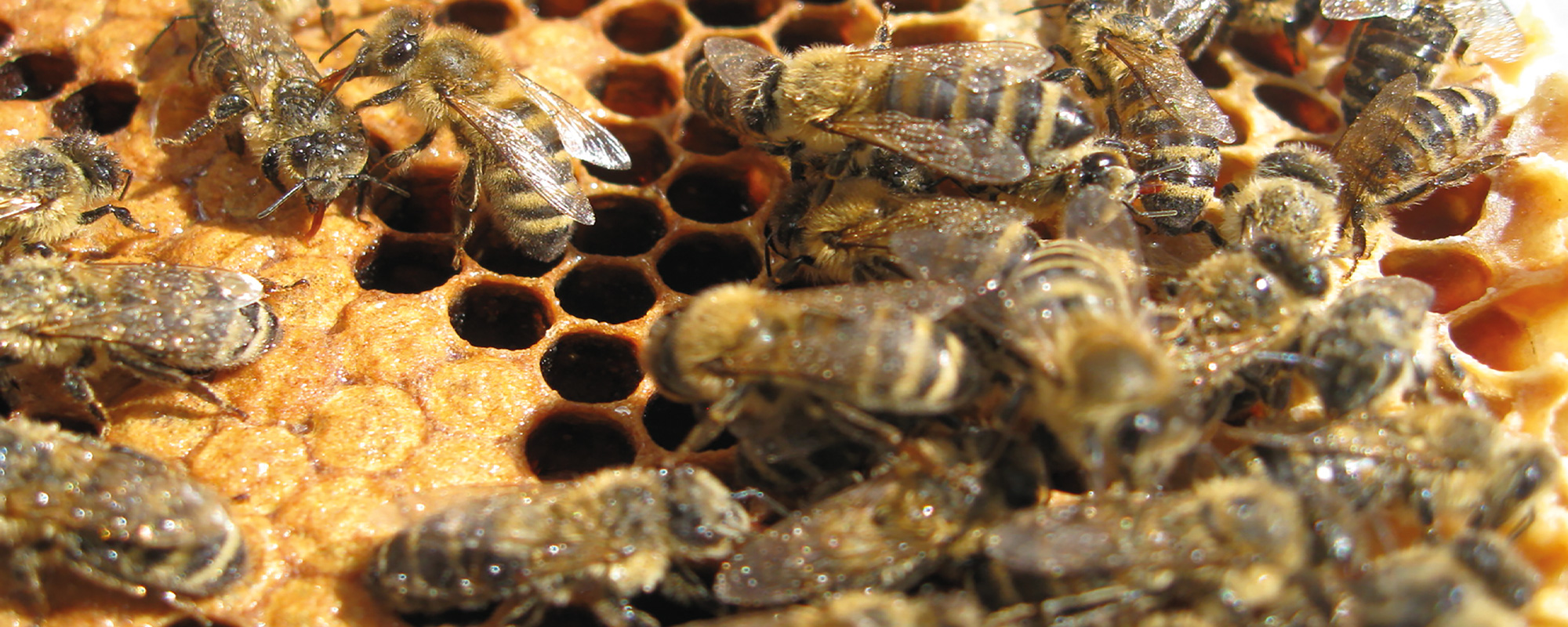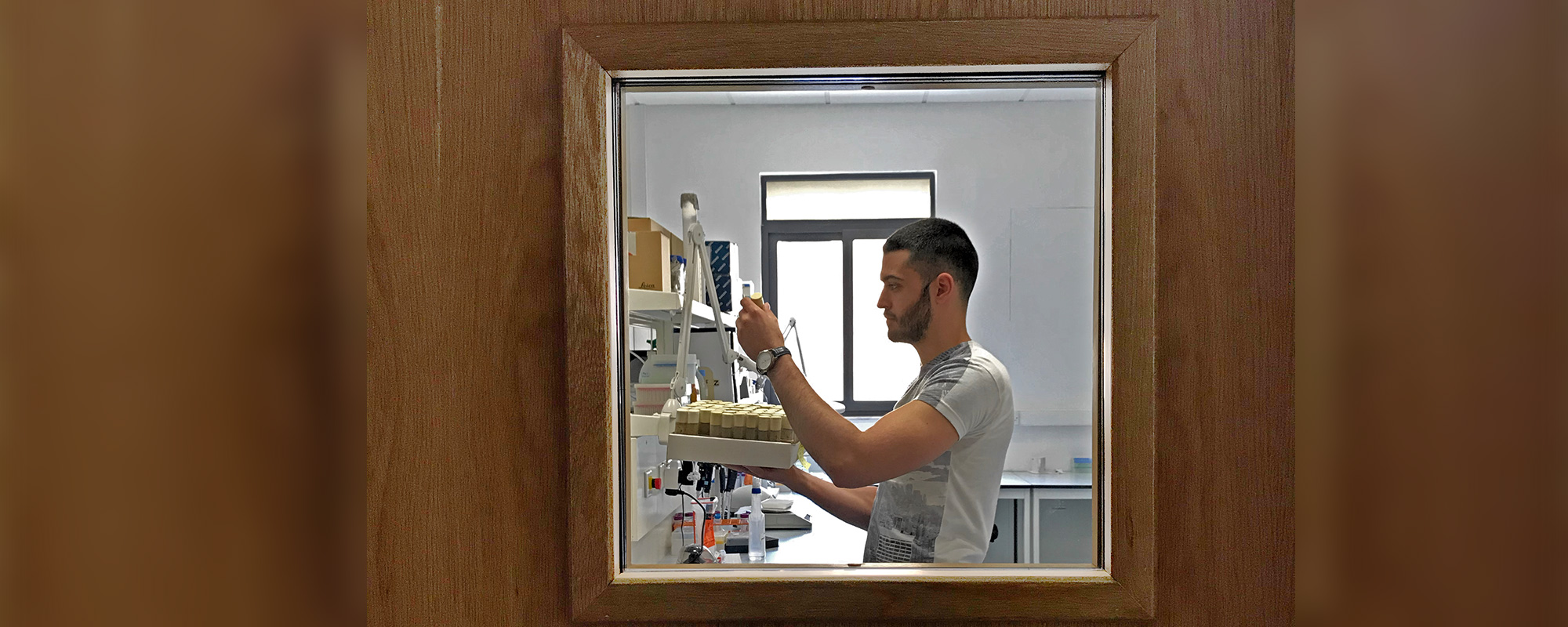Unmute yourselves!
COVID-19 pandemic containment measures pushed lecturing and studying to home environments. Some academics appreciated it more than others – they share their experience with editor Daiva Repeckaite.
Continue readingCOVID-19 Crisis: have we done this before?
Popular wisdom warns that those who ignore history are doomed to repeat it. Will the current COVID-19 pandemic prove the adage true? Cassi Camilleri writes.
Continue readingWhen trust is lost in translation
Author: Marcelle Bugre
Social workers are in close contact with people; it’s the nature of their job. But when migrant survivors of domestic violence seek help, they often perceive social workers to be representatives of a more powerful group. Thus, survivors may be wary of trusting social workers, or fear losing their children, being reported to immigration authorities, or blamed for what happened. To engage with a growing number of migrants and minorities today, social workers need cross-cultural competence – the ability to work effectively across cultures.
Continue readingStepping up in strange times
Author: Edward De Gabriele
During my final year of studies, I was meant to focus on exams and clinical placements. COVID-19 has upended everything. I felt that volunteering will be my way to keep busy and continue contributing to the general public.
Continue readingReorganising space for the climate emergency
Author: Miguel Azzopardi
Merely counting greenhouse gas emissions will not address climate change. The solution is closer than we think: our own use of space. Look at land use: switching to a flexitarian, vegetarian and vegan diet is one of the greatest individual contributions. To produce meat, the industry puts heaps of land aside for animals and their fodder. Plant-based diets would mean less land is used for agriculture. Economising space can apply to other areas.
Our transportation model is heavily dependent on car usage. Segregated bus and cycle lanes are rare in Malta, even if these modes of transport allow more people to travel using the same space. Car-pooling in Malta is picking up, but not yet mainstream. COOL is one example of car-pooling initiatives that are slowly gaining traction. Various eNGOs, like Extinction Rebellion Malta, are lobbying for the government to further incentivise public transport. This way, there would be no need to sacrifice agricultural land for road-widening and car-mania. Instead, Malta could start looking into reforestation and rewilding.
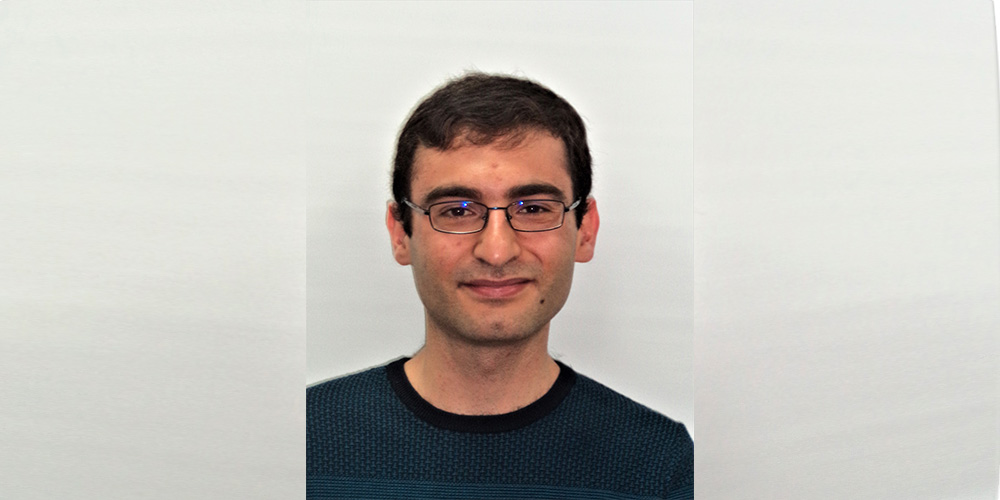
Our approach to urban planning would benefit from environmentalist reorganisation. In Malta, developers enjoy a free-for-all. Numerous charming one- or two-storey buildings are choked by neighbouring high-rises. In some instances, people have installed solar panels on their roof only to have them covered by shade. Shade has wasted away gardens and affected mental health — all on a sunny Mediterranean island. Proper planning would allow more uniform streetscapes, urban greening and better utilisation of roof space. The environment minister Aaron Farrugia’s ‘green revolution’ should encompass all planning on the Maltese Islands.
Land reclamation has been proposed as a possible solution to Malta’s limited space. The process does not create space, it repurposes space that already exists. In Malta, this means more environmental destruction as we bury natural habits like meadows of protected seagrass (Posidonia oceanica), which are also valuable carbon sinks. Reclamation is not an option due to the climate crises and widespread presence of Posidonia around our shores. We should be protecting and restoring natural habitats, not destroying them.
Maltese authorities have ignored spatial planning suggestions. Faced with the crisis, Malta needs to acknowledge that if we want to meet ambitious climate emission targets we need to have coherent planning policies and direction that give the environment the priority it deserves.
Miguel Azzopardi is a history student at the University of Edinburgh and an activist with Extinction Rebellion Malta.
Subtitling against exclusion in Malta
Author: Luisa Castorina
Imagine watching a documentary or movie without hearing any voices, background noises, and music. You would miss a source of entertainment and information, and be excluded from conversations around movies and TV series. How annoying and frustrating would that be?
Continue readingArt on the cloud
Author: Daiva Repeckaite
‘I find it quite interesting that the transition [from face-to-face to digital communication] is uneasy for some people. For me it’s all the same,’ says contemporary artist Letta Shtohryn. Although her artistic practice suffered when three exhibitions she was to take part in were postponed, her working methods remained unchanged when communication moved online amid the COVID-19 pandemic. Already in 2019, three of her artist residencies were fully digital.
Continue readingProbiotics to the rescue
Author: Daiva Repeckaite
It started with a high school project. ‘Every year, the school needed students to [adopt] a beehive. Eventually I fell in love with bees – like everyone does,’ Dr Daniele Alberoni (University of Bologna) remembers the beginnings of a journey that later became his research, his business, and his lifestyle. He shared these thoughts with THINK when he visited the University of Malta in December 2019. Having become a beekeeper at the age of 16, the Italian scientist is working to develop new remedies against common bee illnesses.
Continue readingA precious living library
Author: Dr Ruben J. Cauchi
Fruit flies (Drosophila melanogaster) have helped scientists discover innumerable secrets about humanity. Over 1,000 types of these flies are living at the University of Malta’s (UM) Motor Neuron Disease (MND) Laboratory. Each type or ‘stock’ is unique, and UM researchers have generated the majority of stocks through genetic engineering over the last 11 years. Flies need constant care, fly food needs to be freshly prepared, and stocks must be monitored to avoid overpopulation and sudden death. The COVID-19 pandemic has forced universities worldwide to close campuses, leaving researchers to work and teach from home. But research activities, especially the care of living organisms, have to continue even in the face of a shutdown.
Continue reading

